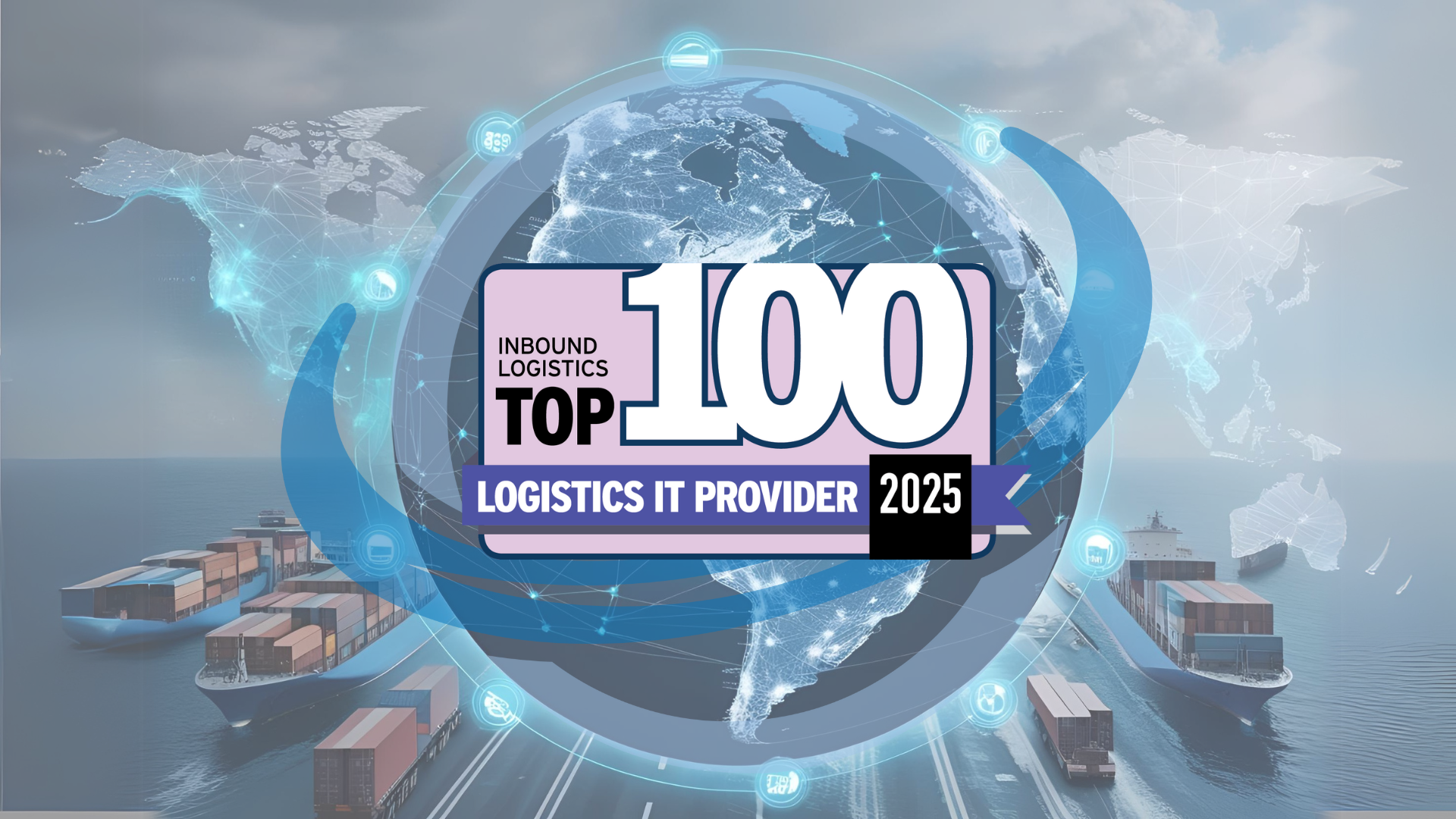
Weathering the Storm: Supply Chain Strategies for Uncertain Times
 We know that all markets are cyclical, but the current levels of uncertainty have some companies wondering what’s coming next on the transportation and logistics front. The political environment, high interest rates, threat of more/new tariffs, and ongoing labor shortage all seem to be steering the boat right now, and a fair degree of whiplash and confusion is just to be expected.
We know that all markets are cyclical, but the current levels of uncertainty have some companies wondering what’s coming next on the transportation and logistics front. The political environment, high interest rates, threat of more/new tariffs, and ongoing labor shortage all seem to be steering the boat right now, and a fair degree of whiplash and confusion is just to be expected.
Now, this isn’t the first time companies had to adjust to a “new normal.” Most recently, the global pandemic had a stranglehold on supply chains, forcing organizations to rethink policies and strategies that had been in place for years. Now, many supply chain operators are looking at how to re-shore/onshore manufacturing and sourcing; navigate the complexities of the new tariff environment; and deal with a fluctuating freight environment.
Safe to say, companies are all getting used to being kept a bit off kilter while they figure out how to best serve their customers, support their employees, digitalize their operations and ride out the highs and lows. Here are some the key uncertainties that SupplyChainBrain says companies are focused on right now:
- Trade policy. Will President Trump make good on his threats to impose tariffs across the board, thereby causing traders to scramble for ways to mitigate their impact?
- Nearshoring and reshoring. Will more American manufacturers find it feasible to relocate production to North America, and possibly the U.S., or will they remain stuck in China and other countries in Asia?
- What new pressures will global businesses face, as they’re forced to comply with a growing number of regulations on the environment, social issues and corporate governance?
- Artificial intelligence. Is generative AI the magical key to supply chain success, or is the technology still not fully mature?
- Labor and automation. Are human workers throughout the supply chain doomed to be replaced by robots and other automated systems, or do they possess certain qualities that can never be mechanized?
- Supply chain risk and resilience. How can businesses shore up their supply chains so as to lessen the impact of a relentless series of unanticipated disruptions?
“No question about it: Uncertainty has always been with us. But it feels like the world is in an especially precarious place right now, with the transition to a U.S. presidential administration whose promised policies differ radically from those of the previous one; wars that seem endless, and growing tensions between the U.S. and China,” the publication’s editor writes. “Any one of these concerns is enough to give global business executives restless nights. Taken together, it’s a wonder they can sleep at all.”
Tip for Success
Speaking to Chief Executive, Atlas Network’s Kerim Kfuri says it’s time to face the fact that we’re just going to have to live with permanent disruption, meaning that supply chains will remain volatile and companies must adjust their expectations accordingly.
“It is about having proper processes and strategies in place to operate in an environment where the only consistency is inconsistency,” he told the publication “You need to be resilient, adaptable and always looking at the possibilities of change. If you’re relying on a single supplier and assuming everything will stay the same, you’re setting yourself up for disaster.”
Kfuri’s top tips for working through these complexities include:
Be realistic about the future of global trade. “We are a nation that is operating in the global economy and have been doing so for the past, let’s call it, 50 to 100 years, where so much of what we facilitate or work within as far as products are concerned are not coming from our own backyard,” he said. “Although we want to take an aggressive stance in the global economy, we can’t be insular in our thinking.”
Renegotiate supplier agreements to absorb tariffs. Engage in direct conversations with long-term suppliers about cost-sharing to ride out tariffs. “If you have a long-term relationship with your manufacturing partners and you have excessive tariffs or other disruptions at play, conversations need to be had around their absorption of these tariffs or a certain portion of them,” he said.
Audit for vulnerabilities. Focus on where all your components come from, SKU by SKU. “Understand where you are a little bit too heavy—too many eggs in one basket,” Kfuri said. “Look at what could be the worst case outcome in those scenarios that you either don’t have access to those products anymore, or the costs become exorbitant.”
Build redundancy and diversification. Kfuri said a single-source supplier is no longer a viable strategy, and that companies need contingency plans with multiple suppliers and manufacturing sites. “None of my larger-scale clients have ever relied on just one supplier,” he said. “They’ve always had redundancy plans because at any moment, a supplier can break down, change their cost structure or have quality issues.”
Technology can also be a tremendous asset during times of extreme uncertainty, and particularly on the freight, transportation and supply chain front. It’s there that a modern, cloud-based transportation management system can take some of the pain out of orchestrating supply chains and help ensure a more streamlined, predictable process.
Take the global pandemic, for example. Almost overnight companies were forced to work remotely, which meant any that didn’t have cloud systems in place had to scramble to get them put into place and operational. Companies already using Revenova TMS were spared this last-minute push and instead were able to keep their operations up and running thanks to the fact that the system is cloud-based and accessible from anywhere.
This is just one of many ways a cloud TMS can help your organization successfully navigate the current market uncertainty and prepare for what might be coming next. “Look at the previous cycle, see what went right and what went wrong, and then use those insights to prepare for the next cycle of uncertainty,” says Danielle Chaffin, Senior Solutions Engineer at Revenova.
“Embracing this reality requires a proactive approach, where companies continuously assess their supply chain vulnerabilities and invest in agile technology solutions that can adapt to rapid shifts in the market,” Chaffin continues. “Ultimately, being able to thrive in this era of permanent disruption hinges on your business’ capacity to build resilience, foster innovation and cultivate strong partnerships across the supply chain.”
To learn more about Revenova TMS, Request a Demo. Follow Revenova on LinkedIn, YouTube, and X for the latest updates and news about Revenova TMS, the original CRM-powered Transportation Management System.




